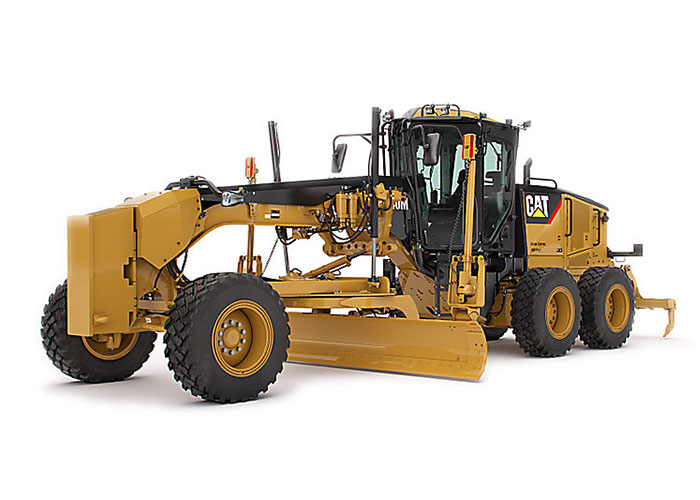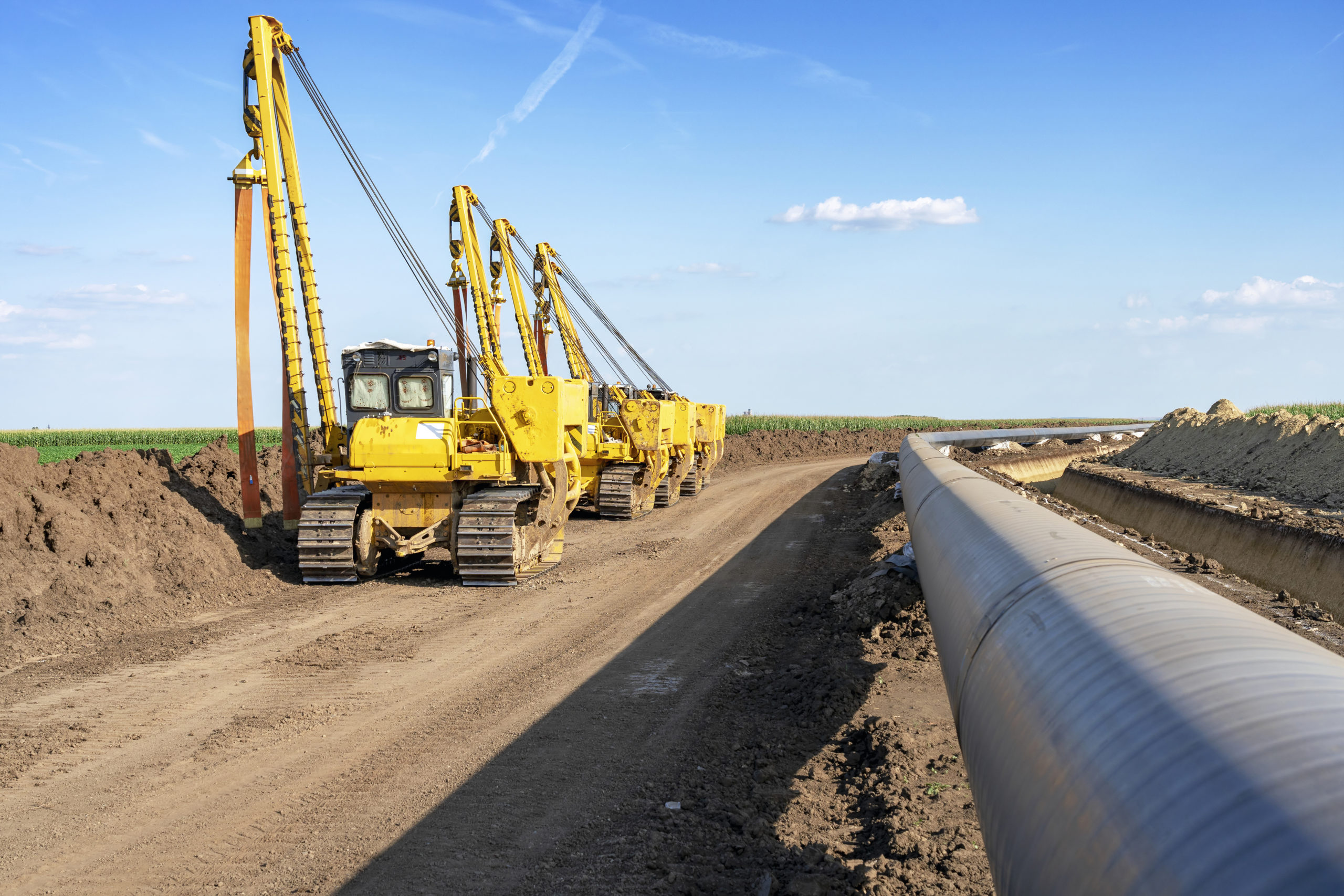Superior Rentals reviews: unbiased feedback
Wiki Article
A Comprehensive Overview to the Different Sorts Of Oil Field Equipment and Pipeline Equipment Available
The oil and gas market relies greatly on specialized devices for reliable removal and transport. Different types of machinery, from drilling rigs to storage containers, play essential duties in this complex process. Each item of tools offers distinctive features that contribute to total operational success. Comprehending these elements is essential for anybody associated with the sector. As the industry develops, so as well do the innovations that support it. What developments are on the perspective?
Drilling Rigs: The Foundation of Oil Exploration
Drilling rigs function as the vital equipment in the domain of oil expedition, enabling business to accessibility hydrocarbon reserves buried deep below the Planet's surface area. These rigs are available in various types, including land rigs, offshore rigs, and mobile units, each made to run in specific atmospheres. Equipped with advanced innovation, drilling rigs can pass through geological formations with precision, ensuring reliable resource removal. The structural honesty and operational capacities of these rigs are important, as they should withstand extreme problems and substantial pressures. The selection of a drilling rig impacts the general job expense and timeline, making it a crucial factor to consider for oil firms looking for to optimize their expedition initiatives and take full advantage of performance in their operations.Pumps: Vital for Liquid Activity
In the oil extraction process, the function of pumps is substantial, helping with the activity of fluids throughout different phases of manufacturing. Pumps are essential for carrying unrefined oil, water, and various other fluids from underground reservoirs to the surface and afterwards via pipes to refineries. They come in different types, consisting of centrifugal, favorable variation, and completely submersible pumps, each offering details purposes based on the fluid qualities and operational demands. Centrifugal pumps are generally used for their effectiveness in high-flow applications, while positive variation pumps master managing viscous liquids. The selection of pump effects overall performance, functional safety, and upkeep expenses. Proper option and maintenance of pumps are crucial for enhancing manufacturing and minimizing downtime in oil field procedures.Valves: Managing Flow and Pressure

Valves play a vital function in handling the flow and pressure of fluids within oil fields and pipes. Different types of shutoffs serve distinct applications, each developed to accomplish particular features fundamental for reliable operation - Superior Oilfield Rentals oilfield. Understanding the features and usages of these shutoffs is important for optimizing system performance and safety
Sorts of Valves
Crucial elements in oil area operations, valves play a crucial role in regulating the circulation and pressure of fluids within pipes and devices. Different kinds of shutoffs are utilized to fulfill the varied needs of oil and gas manufacturing. Usual kinds include entrance shutoffs, which give a straight-line flow and minimal pressure decrease; globe shutoffs, understood for their throttling capabilities; and ball valves, acknowledged for their fast on/off control. Additionally, check valves protect against backflow, while butterfly valves use a lightweight service for managing flow. Each valve type is developed with details materials and configurations to withstand the rough conditions typically located in oil fields, guaranteeing dependability and efficiency in procedures. Recognizing these kinds is vital for effective system management.Valve Applications and Features
While different kinds of valves serve unique functions, their key applications rotate around controlling flow and stress within oil and gas systems. Valves such as gate, globe, and ball shutoffs regulate fluid movement, making sure peak efficiency and safety. Gateway shutoffs are frequently utilized for on/off control, offering minimal flow resistance. World shutoffs, on the various other hand, offer precise circulation law, making them suitable for throttling applications. Ball valves are preferred for their fast procedure and limited securing capacities. Additionally, stress safety valve are critical for preventing system overpressure, safeguarding tools honesty. Generally, the appropriate choice and application of valves boost operational efficiency, ensuring the trustworthy transport of oil and gas with pipelines and handling centers.Compressors: Enhancing Gas Transportation
Compressors play a critical role in the reliable transport of gas, ensuring that it relocates efficiently with pipelines over fars away. These devices increase the pressure of natural gas, enabling it to overcome rubbing and altitude changes within the pipeline system. In addition, compressors facilitate the harmonizing of supply and demand, fitting fluctuations in intake and production rates. Numerous sorts of compressors are used in the sector, including centrifugal, reciprocating, and rotating screw compressors, each offering unique advantages based on the operational demands. Regular maintenance of these compressors is important to make best use of performance and reduce downtime, eventually adding to a trustworthy gas transport network. Their critical function emphasizes the importance of compressors in the general oil and gas framework.Storage Tanks: Safe and Efficient Fluid Administration
Efficient transport of gas depends on various support group, among which is the proper monitoring of storage containers. These tanks play an important duty in securely including fluids, guaranteeing that operational effectiveness is preserved while reducing ecological threats. Built from sturdy products, they are made to hold up against high stress and corrosive components. Correctly sized and tactically situated, tank assist in the smooth flow of all-natural gas and other fluids, stopping traffic jams in supply chains. Normal upkeep and surveillance are vital to identify leaks or structural concerns, promoting security and conformity with regulatory standards. Ultimately, the effective administration of tank is critical for the overall integrity and dependability of the oil and gas sector's fluid handling systems.
Pipeline Solutions: Infrastructure for Transportation
Pipeline systems function as the backbone of the oil and gas market, helping with the efficient transport of hydrocarbons over vast ranges. These systems click here are composed of various components, consisting of pipelines, valves, pumps, and compressors, all diligently created to assure seamless flow. The products made use of in pipeline construction, often steel or high-density polyethylene, are chosen for durability and resistance to deterioration. Pipeline networks can extend throughout land and water, linking manufacturing websites to refineries and distribution. In addition, advanced modern technology makes it possible for real-time tracking of circulation prices and stress degrees, enhancing operational effectiveness. The calculated placement of these pipes lessens ecological impact while maximizing source ease of access, therefore playing a vital duty in conference energy demands internationally.Security Equipment: Ensuring Employee and Environmental Management
The operation of pipeline systems, while crucial for energy transportation, also provides substantial safety and security obstacles for employees and the environment. Safety and security tools plays a considerable role in mitigating these risks. Personal protective equipment (PPE) such as safety helmets, gloves, and non-slip footwear safeguards employees from physical threats. Additionally, gas discovery systems check for leaks, making sure that hazardous materials do not pose a threat to workers or the surrounding ecological community. Emergency shutdown systems are essential for swiftly stopping procedures throughout a dilemma, protecting against possible calamities. Spill containment products, consisting of absorbents and obstacles, are essential for minimizing ecological influence. Generally, investing in all-inclusive safety and security tools is vital for maintaining functional stability and shielding both employees and the setting in the oil and gas sector.
Regularly Asked Inquiries
How Do I Select the Right Oil Field Equipment for My Project?
Picking the right oil field equipment entails evaluating task specs, budget plan constraints, and operational needs. Think about aspects such as tools reliability, compatibility with existing systems, and the supplier's online reputation to guarantee peak performance and safety.What Are the Maintenance Requirements for Oil Field Equipment?
Upkeep demands for oil area devices consist of routine assessments, lubrication, and prompt repairs. Operators ought to likewise abide by manufacturer standards, display efficiency metrics, and guarantee compliance with safety policies to enhance longevity and performance.
Just How Can I Ensure Conformity With Environmental Laws?
To ensure compliance with environmental laws, companies must carry out regular audits, execute finest methods, buy training, maintain proper documentation, and stay upgraded on regulations (Superior Rentals Contact). Cooperation with ecological firms can also improve adherence to guidelinesWhat Is the Typical Life-span of Pipeline Equipment?
The average lifespan of pipeline tools normally ranges from 20 to 50 years, depending on elements such as worldly high quality, ecological problems, and upkeep methods. Routine inspections can substantially affect longevity and operational effectiveness.Just how Do I Securely Move Oil Field Equipment to Remote Locations?
Delivering oil field tools to remote areas needs cautious preparation, including course assessment, safeguarding permits, utilizing proper vehicles, and ensuring safety and security methods are followed. Correct training and interaction among staffs are essential for effective transport.Report this wiki page